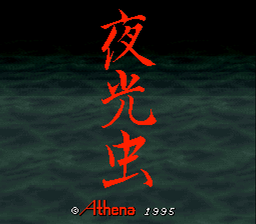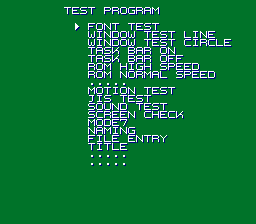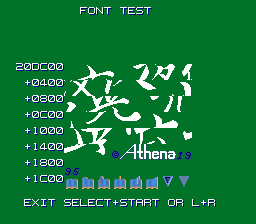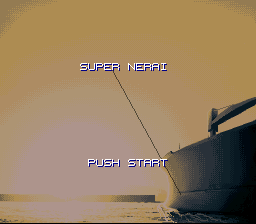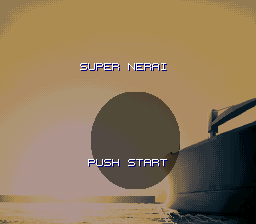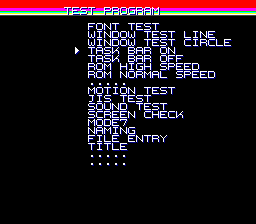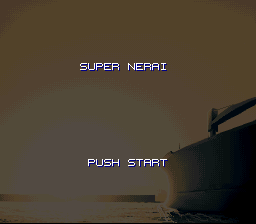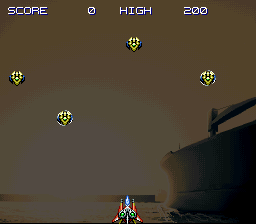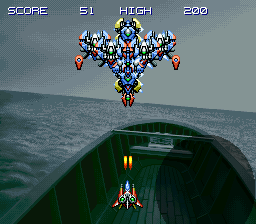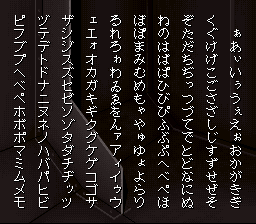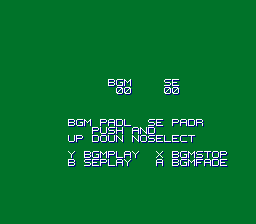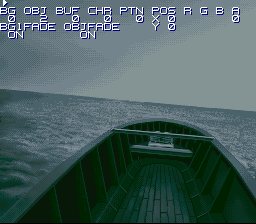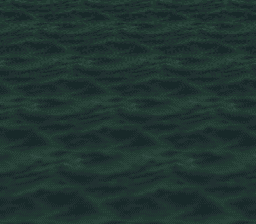Yakouchuu
| Yakouchuu |
|---|
|
Developer: Athena
|
Contents
Debug Mode
The Pro Action Replay codes 80822E80 808231C4 808232A4 will cause the game's debug menu to appear before the intro. From here, pressing Start exits and goes to the intro like normal, and pressing B enters the selected debug option. The "naming", "file entry" and "title" options can be used to jump to a specific screen after the intro.
Font Test
This screen is used to view graphics within the ROM (including font graphics, as the title suggests). Pressing Left/Right on the D-Pad changes ROM banks, and Up/Down change addresses within the current bank.
Pressing Start + Select returns to the debug menu (L + R doesn't seem to do anything, contrary to what the screen says).
Window Test
These two options are used to test color window manipulation by causing a rotating and growing/shrinking line or circle to bounce around the screen. While neither one is visible on the debug menu, both can be easily seen on the "Motion Test" screen:
Task Bar
Enabling this causes the background color to change, indicating how much CPU time is currently in use (with the different colors presumably representing different routines). While this isn't normally visible in game when enabled, it can be seen by disabling layer 1.
ROM Speed
Selecting either of these switches between fast ROM access speed (the default) and normal speed (which is about 75% as fast). This effects both code execution and data access; while the difference in speed probably has little or no effect on normal gameplay, it still results in a noticeable difference in CPU usage which can be seen by enabling the task bar.
Motion Test
Apparently used to test sprite movement. Surprisingly, for what is ostensibly a debugging feature, it's actually a simple vertical shooting minigame called Super Nerai!
After about 10-15 seconds of shooting down dozens of generic enemies, a boss shows up and...does nothing. You can defeat it, but the game doesn't go anywhere after you do. Whether you win or lose, the only way to get back to the debug menu is to reset the game.
JIS Test
This screen tests the Japanese character graphics used to display JIS-encoded text. Once all the available characters are displayed, pressing Start returns to the debug menu.
Sound Test
That's right, it's another one of these things.
This one has a somewhat unusual control scheme: to select a sound effect or music track, press Up/Down while holding L (for music) or R (for sound effects). Start + Select returns to the debug menu.
Screen Check
This screen is used to view background and other screen graphics.
| To do: Detail the options. |
Mode 7
This screen tests the Mode 7 background seen on the title screen. Use the D-Pad to pan the background around, L/R to change the transformation settings, and Start + Select to return to the menu as usual.
- Pages missing developer references
- Games developed by Athena
- Pages missing publisher references
- Games published by Athena
- SNES games
- Pages missing date references
- Games released in 1995
- Games released in June
- Games released on June 16
- Games with unused game types
- Games with debugging functions
- Games with hidden sound tests
- To do
Cleanup > Pages missing date references
Cleanup > Pages missing developer references
Cleanup > Pages missing publisher references
Cleanup > To do
Games > Games by content > Games with debugging functions
Games > Games by content > Games with hidden sound tests
Games > Games by content > Games with unused game types
Games > Games by developer > Games developed by Athena
Games > Games by platform > SNES games
Games > Games by publisher > Games published by Athena
Games > Games by release date > Games released in 1995
Games > Games by release date > Games released in June
Games > Games by release date > Games released in June > Games released on June 16
